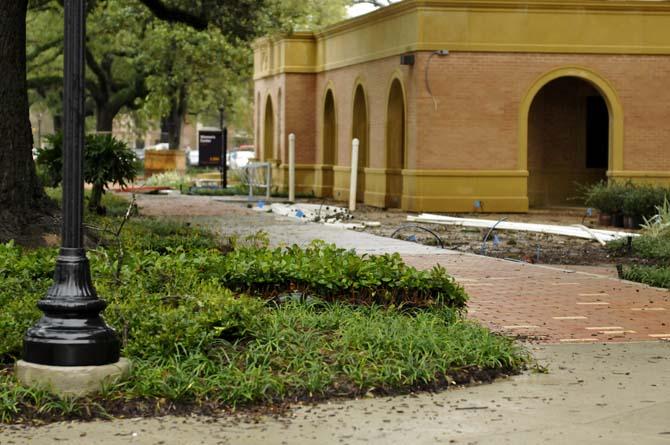I wrote a two-part series on Louisiana’s education problem this week in the Reveille. Because those articles ran in the actual paper, I was a little less personal about the issues than I would like to have been.
Everyone in the state started paying attention to the “education issue” a few years ago in 2009 when major cuts for state higher education institutions were announced.
I was involved in LSU Student Government that semester, and SG President J Hudson led the staff on a mission to fight the cuts.
We did everything we could think of: We wrote letters to Govnuh Jindal, wrote letters to the editor in popular state (and, in some more popular cases, out-of-state) newspapers, met with legislators and even the Governor himself.
During our campaign against the cuts, other organizations were working hard too. LSU’s administration pulled together the Flagship Coalition, which was a group of prominent businessmen who had financial ties to Jindal. He was more likely to listen to them for this reason.
I also did some work for a nonprofit called EducateLA. Our goal was more broad than fighting the budget cuts. We wanted to restructure the higher education funding formula in a way that rewarded outcomes instead of inputs, which it currently works.
For example, schools are currently funded more for the diversity of its students than how many of their students actually graduate or stay in school.
Diversity is important, but it isn’t as important as achieving the goal of higher education, which is the development of students into productive members of society.
That’s why schools like LSUS, LSUA, SUNO, South Eastern and others should not be funded as four-year public universities. These schools are refuges for students who can’t make it into a better school or don’t have the means to leave a specific area for schooling.
In both of these cases, a community college is the answer.
There’s no need for all these costly four-year schools. Let’s get rid of most of them so we can properly prioritize the best of the best.






